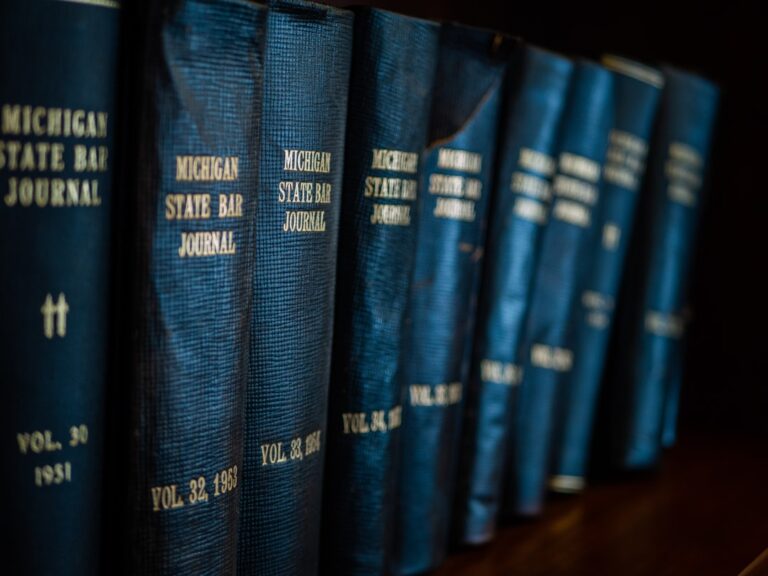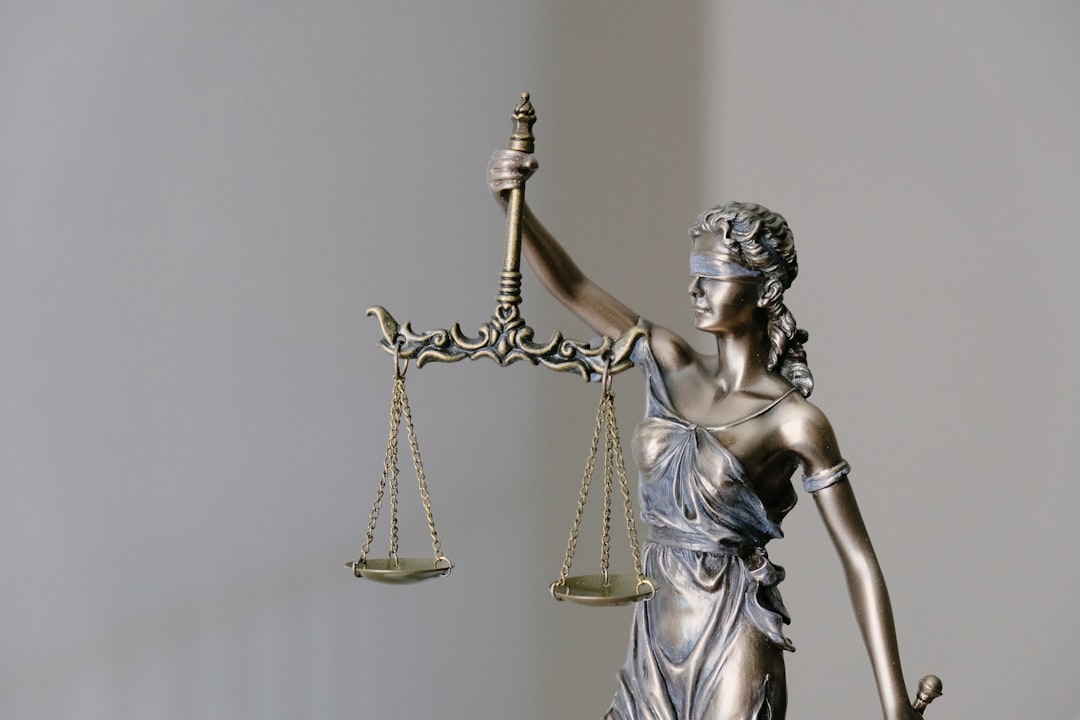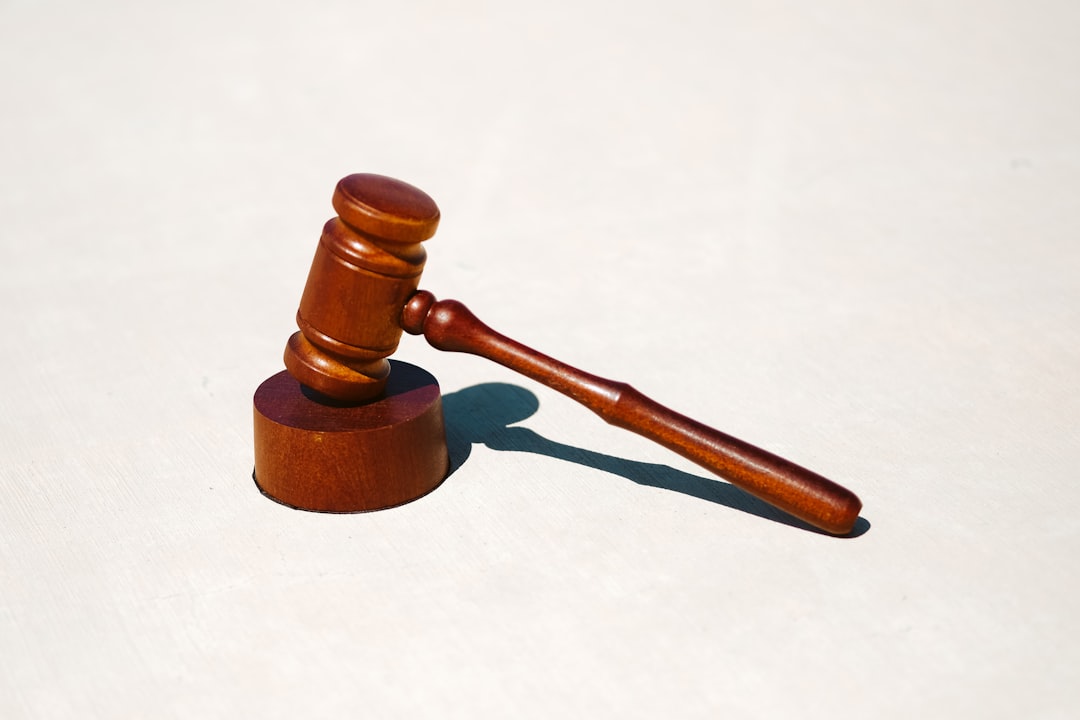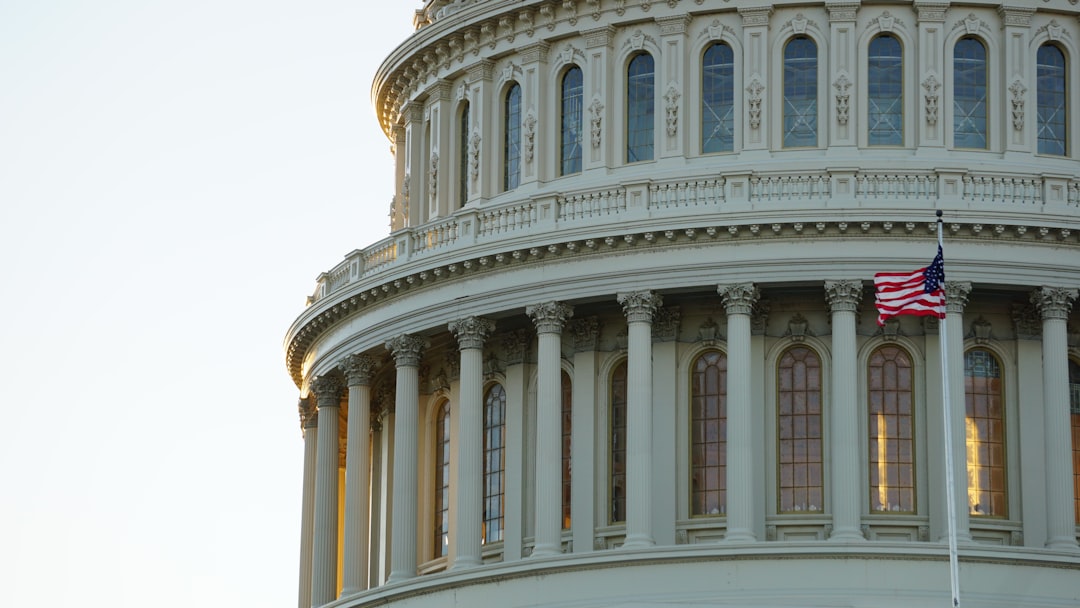Rape attorneys in Washington, particularly Spokane, leverage advanced forensic science tools like hair and fiber analysis to positively identify perpetrators. These techniques compare unique microscopic characteristics from suspects, victims, and crime scenes, providing critical evidence that has secured convictions for survivors across the state. However, this process requires ethical sensitivity to prevent retraumatization while maintaining scientific integrity.
In Spokane, Washington, hair and fiber analysis plays a pivotal role in rape investigations. This intricate process helps identify suspects and provide crucial evidence for rape attorneys navigating complex legal proceedings. From understanding the science behind these analyses to exploring their impact on trials, this article delves into the techniques employed by local forensic experts. We also discuss ethical considerations, highlighting the delicate balance between justice-seeking and sensitivity in Washington rape cases.
Understanding Hair and Fiber Analysis: Unraveling Evidence in Rape Cases

Hair and fiber analysis is a powerful tool used by forensic scientists to help solve crimes, particularly in sexual assault cases. In Spokane, Washington, rape attorneys often rely on this intricate process to build strong legal arguments. By examining hair and fibers found at the crime scene or on the victim, experts can provide crucial insights into the identity of the perpetrator. Each strand of hair is unique, containing microscopic characteristics that allow for positive identification.
This analysis goes beyond simple visual inspection. Scientists employ advanced techniques to compare hair samples from various sources, including the suspect, victim, and crime scenes. Similarly, fiber evidence can link an accused person to a specific location or item associated with the assault. These methods have proven invaluable in securing convictions and providing justice for survivors in Spokane and across Washington state.
The Role of Spokane’s Forensic Experts: Techniques and Impact on Legal Proceedings

In Spokane, Washington, forensic experts play a pivotal role in rape case investigations. These professionals employ cutting-edge techniques like hair and fiber analysis to help bring justice to victims. Hair and fiber evidence can match suspects to crime scenes, providing crucial links that strengthen or disprove allegations. This type of analysis is particularly beneficial for rape attorneys in Washington, who often rely on physical proof to build and defend cases.
Spokane’s forensic experts are well-versed in the latest methods, ensuring that evidence collection and interpretation are done accurately and reliably. Their work doesn’t just aid in identifying perpetrators; it also helps clear innocent individuals accused of crimes they didn’t commit. This meticulous approach has a profound impact on legal proceedings, enhancing the chances of securing convictions for guilty parties while safeguarding the rights of the innocent.
Ethical Considerations and Challenges: Navigating Sensitivity in Washington Rape Trials

In Spokane, Washington, as in many jurisdictions across the country, the use of hair and fiber analysis plays a critical role in rape investigations. This forensic science technique helps identify perpetrators by matching microscopic characteristics found at the crime scene to the suspect’s hair or clothing fibers. However, navigating the ethical considerations and challenges associated with this method requires sensitivity, especially given the sensitive nature of sexual assault cases. Rape attorneys in Washington must be adept at addressing potential issues like contamination, cross-contamination, and interpretation errors, which can impact the admissibility of evidence.
Furthermore, the emotional toll on victims is a significant concern. The process of collection and analysis can be retraumatizing, necessitating careful handling by both investigators and legal professionals. Spokane’s rape attorneys must ensure that the rights of all parties are respected while upholding the integrity of scientific procedures. This delicate balance ensures that justice is served without exacerbating the harm suffered by victims, fostering a more sensitive and effective approach to rape cases in Washington.






